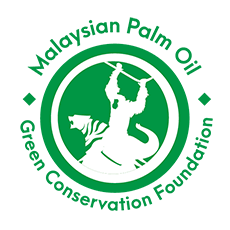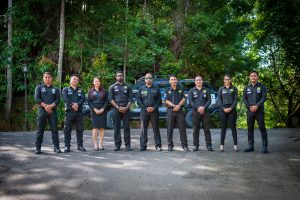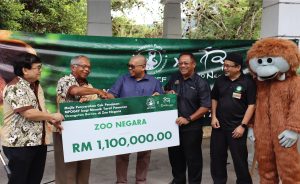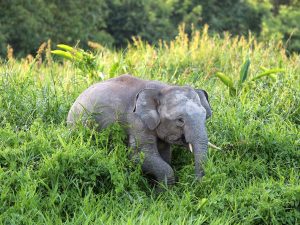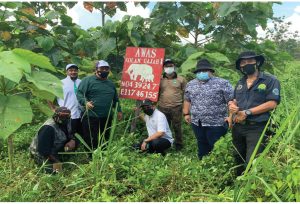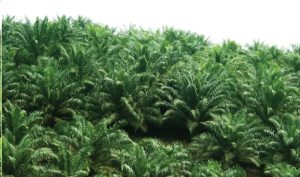Buku Panduan Spesifikasi Peralatan dan Penyelenggeraan (SPEG)
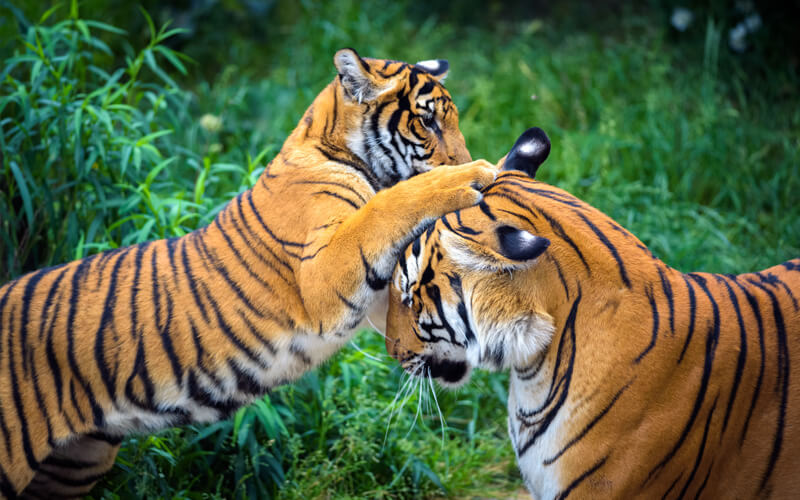
Pusat Konservasi Harimau Kebangsaan (MTCC)
Malaysian palm oil industries are very committed toward the conservation of Malayan Tiger in Malaysia. Thru Malaysian Palm Oil Green Conservation Foundation (MPOGCF), we have spend millions to support National Tiger Conservation Action Plan.
Currently, MPOGCF already signed a MoU with PERHILITAN to collaborate in 5-years project to breed captive Malayan Tiger ex-situ in National Wildlife Rescue Centre (NWRC) then release the cubs to the wild after 3-years rewilding process in National Tiger Conservation Centre (NTCC).
Throughout this project we are expecting to increase the population of critically endangered Malayan Tiger species in Malaysia. The locations for this project are in National Wildlife Rescue Centre, Sungkai, Perak & National Tiger Conservation Centre, Kuala Gandah, Pahang
The signing of a memorandum of understanding (MoU) regarding the issue at the NWRC together with Ministry of Plantation Industries and Commodities on 12 April 2021.
The MoU involved the Department of Wildlife and National Parks (PERHILITAN), the Malaysian Palm Oil Council (MPOC) and MPOGCF.
The government’s efforts required the involvement of all parties to come together to create awareness about the poaching of endangered species such as the Malayan Tiger.
The long-term and short-term conservation plans for Malayan Tiger, include:
- A Malayan Tiger breeding programme
- A programme supporting the costs of five Malayan Tiger cubs
- Transferring Malayan Tigers to the National Tiger Conservation Centre in Lanchang, Pahang
- The rewilding of Malayan Tigers
- Releasing Malayan Tigers into the wild
- Post-release monitoring of Malayan Tigers
The MoU also allocated RM3 million in a period of five years for the conservation of Malayan Tigers based on MPOC and MPOGCF initiatives, and represents the strong commitment shown by the palm oil industry to save the Malayan Tiger.
In addition, the centre acts as a sanctuary for wildlife injured as a result of human-wildlife conflict in the country.



